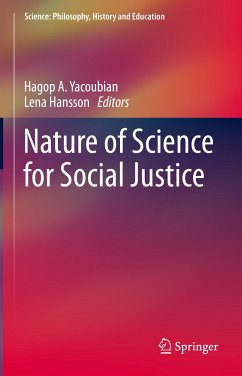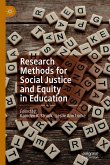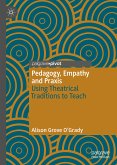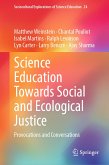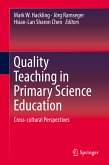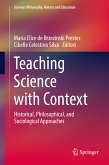The collection of chapters found in the book, Nature of Science for Social Justice, weave a rich tapestry of compelling reasons for extending the boundaries of teaching and learning the nature of science. This book is unique in that it addresses how and why NOS is a tool for inclusivity. Learning epistemic knowledge is good for social reasons, not just academic reasons. I believe this book will refocus the NOS discussion into a realm that has been needed for many years. -
ErinPeters-Burton - Donna R. and David E. Sterling Endowed Professor in Science Education, George Mason University, USA
The past couple of decades have seen an explosion of writing in science education about both the Nature of Science and Social Justice. However, the literature that examines the interrelationships between these two important concepts has been surprisingly sparse - until now. In this volume, which is much more coherent than most edited collections, an impressively diverse group of authors from around the world have produced a wonderful collection of insightful chapters. This book should help define the field. I learnt a great deal from reading it.
Michael J. Reiss - Professor of Science Education, UCL Institute of Education, London, UK
Chapter "Nature of Science for Social Justice: Why, What and How?" is available open access under a Creative Commons Attribution 4.0 International License via link.springer.com
Dieser Download kann aus rechtlichen Gründen nur mit Rechnungsadresse in A, B, BG, CY, CZ, D, DK, EW, E, FIN, F, GR, HR, H, IRL, I, LT, L, LR, M, NL, PL, P, R, S, SLO, SK ausgeliefert werden.

